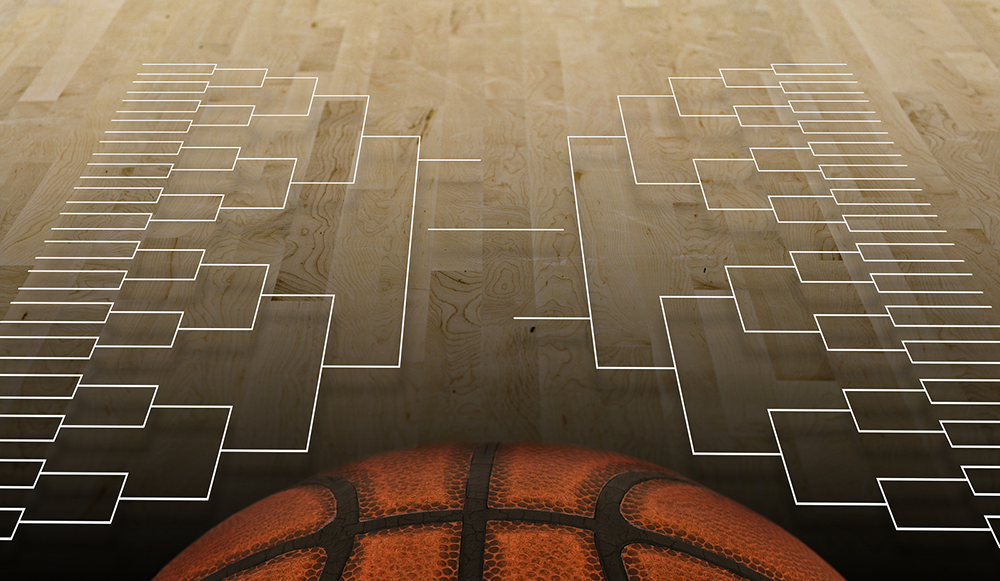Don’t Let March Madness Cause Office Madness

March Madness is a fairly unique sporting event. Even those who aren’t fans of college basketball have at least heard of it.
If you aren’t familiar, March Madness refers to the NCAA college basketball tournament held between mid-March and early April. Sixty-four teams play each year, hoping to survive in the single-elimination tournament and become that year’s champions.
The tournament differs from other sporting events mainly because it takes place over a long period of time.
“The Super Bowl has a limited impact in the workplace leading up to the actual game because it is only one game,” says Rob Wilson, employment trends expert and president of Employco USA, a provider of human resource solutions. “March Madness affects companies across the country because it is not just two teams in a playoff but 64 teams across the country for a three-week period.”
Warning: Drop in Productivity May Cause Additional Madness
More than 60 million people are expected to fill out brackets in 2017, and more than $10 million in bets are expected to be placed. Companies with a lot of fans on staff might suffer this time of year.
“March Madness can be a drain on a company’s time and resources,” says Wilson. “With millions of Americans filling out brackets and managing their bets, you can bet that employee productivity takes a hit during this time of year.”
Total losses caused by employee distraction and low productivity could amount to as much as $2.1 billion, according to annual research by Challenger, Gray, and Christmas. Employees are already distracted by social media, their cell phones, personal email and phone calls, and numerous other activities, and the risk is that avid fans may add March Madness to their list of distractions.
“The biggest difference is the number of games that are being broadcast during the workday, which then have employees checking scores and streaming the games on their office computers,” Wilson says. “This is in addition to all of the items that are still happening during the course of the workday.”

If you fear employee distraction may be a problem, you can get in front of it by providing limited engagement within the office for the tournament. At the very least, it could be a good opportunity for positive employee engagement.
“Companies can create their own pools and offer prizes for the squares, [including] anything from cash to free lunches,” Wilson says. “In some cases, different business units or departments are picking teams for March Madness. It becomes a great way the rally a team or department together.”
There are ways that offices can limit disruption to the workflow without being too harsh on hardcore NCAA fans.
“Between filling out brackets, researching picks, watching the games, and then calling in sick or skipping work due to game days or hangovers, you are looking at a sharp downturn in employee performance,” Wilson says. “Luckily, there are some ways you can manage this common nationwide issue.”
Wilson recommends the following methods to keep things under control:
- Provide break room televisions or computers. If there is a break area where employees can check scores, it will be easier to enforce a policy prohibiting them from watching games at their desks or on their phones.
- Control office betting. First and foremost, in-office betting is illegal in many states, so executives should check local laws before allowing any gambling to take place. A no-betting policy might be best, but if absolutely necessary, use non-cash items such as gift cards or bonus vacation days for an office pool. Taking control of the pool might stop employees from betting cash among themselves, which can be very distracting and bad for morale. Wilson also recommends that managers and executives don’t take part in any sort of betting and that they send out reminders to employees about betting policies before March Madness begins.
- Ask employees to plan ahead. If workers plan to stay out late or attend a game, make sure they plan ahead by taking proper days off. That way the company can plan for their absence instead of having to adjust to a surprise sick day.

